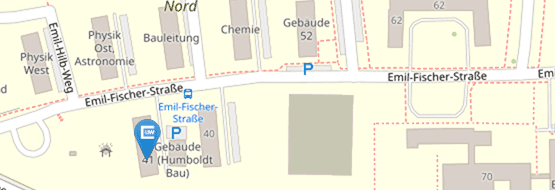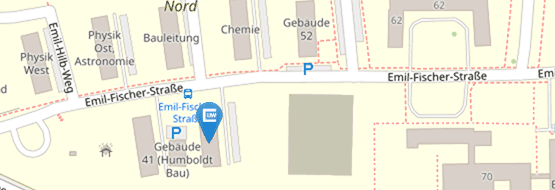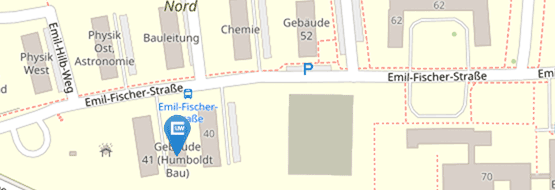Oberseminar Didaktik der Mathematik
Effect of an Instructional Model “Utilizing Hands-on-Learning Concrete and Virtual Manipulatives” on Fifth-Grade Students’ Academic Achievement in Mathematics
| Datum: | 23.11.2022, 12:15 - 14:00 Uhr |
| Kategorie: | Fakultät für Mathematik und Informatik, Veranstaltung |
| Veranstalter: | Lehrstuhl für Mathematik V (Didaktik der Mathematik) |
| Vortragende: | Sagheer Ahmad |
Effect of an Instructional Model “Utilizing Hands-on-Learning Concrete and Virtual Manipulatives” on Fifth-Grade Students’ Academic Achievement in Mathematics
Mathematics has served as a base for many modern science and technology courses. In all academic disciplines, mathematics has played an essential role in learning and expanding the boundaries of existing knowledge. Many different instructional models are implemented in primary level classrooms to enhance the students’ mathematics achievement. The purpose of this study was to evaluate the effect of an instructional model “utilizing hands-on learning concrete and virtual manipulatives” on fifth grade students’ academic achievement in mathematics.
A quasi-experimental pretest/posttest (non-equivalent control-group design) research design was used to examine the effect of using mathematical manipulatives on grade 5 students’ learning about perimeter and area, whole number, decimals and percentages, fraction, unitary method, and geometry concepts. From district Lahore, Pakistan the two intact groups (sections) of grade 5 students were selected from a government primary school on a convenient basis. One section included control group student who were taught with traditional method and the other section included experimental group students taught through mathematical manipulatives. The duration of the experiment was 12 weeks. Mathematics achievement of students was measured through the “Mathematics Achievement Test (MAT)”. The MAT was administered to both groups as a pretest and posttest. The data were analyzed with independent and paired sample t-tests to examine if changes were experienced in pretest/posttest scores.
The results indicated that mathematical manipulatives (concrete and virtual) significantly improved students’ mathematics achievement compared to the results achieved through traditional instruction. In addition, significant differences in terms of scores were found between pretest and posttest scores of low, average, and high achievers experimental group students. By contrast, students in control group demonstrated no significant change in mathematics achievement test scores. The researcher concluded that concrete and virtual manipulatives are very effective in mathematics classroom, which teachers need to incorporate in their teaching. The study also recommended the curriculum developers to develop a mathematical kit containing manipulatives aligned with the textbook content.










